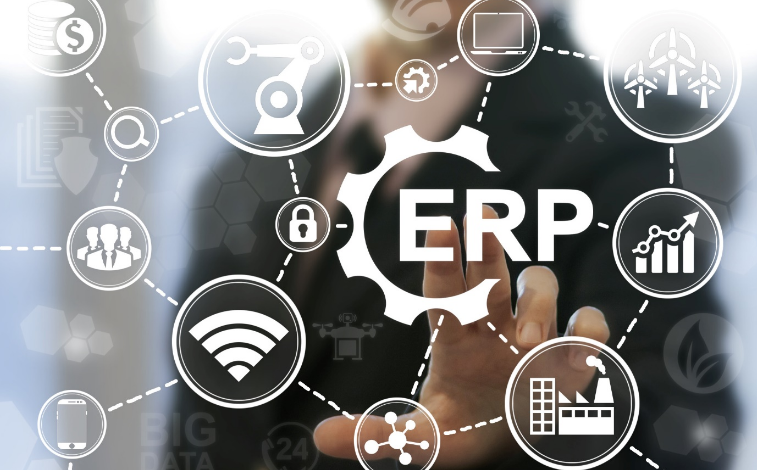What Is ERP Software Exactly?

Experts expect that by 2025, the ERP software market will grow to $49.5 billion.
But what is ERP software, and how can it help your business?
Thankfully, we have all of the important information that you’ll need, so make sure you keep reading.
What is ERP Software?
Enterprise Resource Management (ERP) software is basically consolidating and organizing data through a collection of software that is integrated into your workflow.
This software will have apps that will automate some of your business functions, like quoting sales, accounting, and production lines as well.
This software can be used across your entire company and be implemented into any department. It will help you also manage your resources, including your raw materials and even how often your employees are staffed.
There are plenty of different types, and you can use them for developers, technology companies, or even vendors.
Benefits of ERP Software
Having this software will give you the option to align many of your different departments, save you money in the long run, and even improve your workflows.
You’ll also be able to generate reports in real-time that will help you run your business, plan for the future, and make corrections now rather than realizing it’s too late.
Because of this, it’ll also help you lower your costs in the long run. Having all of your processes streamline will save you time and money as well.
It can also help you easily share data across departments. This way, your team can spend less time collaborating with their coworkers and waiting on information. They can access it and see everything in real-time.
It will also help to keep the infrastructure of your office consistent. Whether you’re in the office, at home, or in a different state or country, you’ll still know how to use all of the applications and know how to access them.
This makes it easier for your employees to only have to know how to learn and operate one program.
Lastly, you’ll also have less risk involved in your business. All of your data would be securely controlled in the software, so you’d have a lower chance of having a security breach.
Types of ERP Software
You can always choose the software depending on the industry you’re in, but you can also choose depending on the type of operation you want.
For example, if you don’t want to get an on-premise software suite, you can get a cloud-based ERP. This will let you access any of your data in real-time as long as you’re connected to the Internet. This can work best for large companies or businesses that have employees across the globe or remote.
You could also choose an on-premise ERP which will help everyone that’s directly on your site. These are designed to be good for any business, regardless of their industry and size. However, they work best for smaller businesses.
If you want more customization from your software, you can use an open-source ERP. This will let you modify, enhance, and inspect the ERP source code. When you can do that, you can customize it to fit whatever your needs are.
Finding solutions using ERP Software, such as enterprise architecture software, helps businesses going through a digital transformation by bringing both legacy applications and processes together in an attempt to form a seamless environment.
Lastly, you could try using a hybrid ERP if you don’t think the other ones would suit you. This will give you a mix of on-site and cloud-based planning resources to fit everyone’s business needs.
Different Types of Approaches
There are actually a few different approaches you can take to implementing the software you’ve chosen. The best implementation process will depend on your business and what systems you already have in place.
If you need more help implementing your ERP software, you can also click here!
Custom Applications
You might also want to build your own custom application to use with all of your other tools.
You can start this process by focusing on data transfer. You can then start to grow it so that it will be implemented into all of your workflows. This can also be challenging to keep up with if your company is going to keep growing and growing.
Enterprise Service Bus (ESB)
This is one of the best ways to integrate new software into your business. In this type of application, all of your tools will be connected through a communication bus.
This bus is a central tool that will let all of the apps talk to each other work and work cohesively. This way, you won’t have to tweak anything or do a lot of maintenance to ensure that your apps are working.
This is one of the most straightforward ways to implement it, and it can also be great for large or growing businesses.
Point-to-Point
If you use a point-to-point implementation, you’ll have the software connected individually to each tool or app that you’re already using.
This will be difficult because you’ll have to do a separate integration for each tool and app that you want to use. This can also be more complicated if you add more tools later on.
However, some companies like this approach because it has a low barrier to entry.
Learn More About ERP Software
These are only a few things to answer: “What is ERP software?“, but there are so many more things to consider.
We know that running a business can be stressful, but we’re here to help you out.







